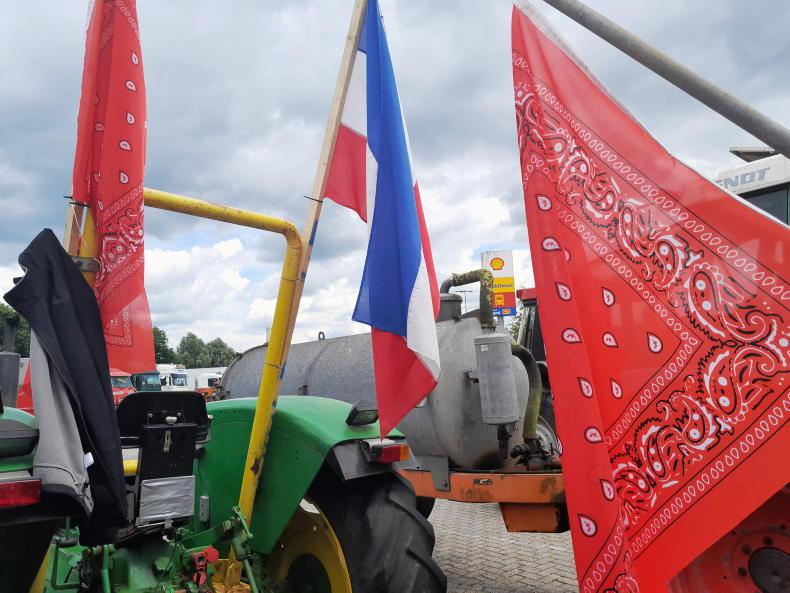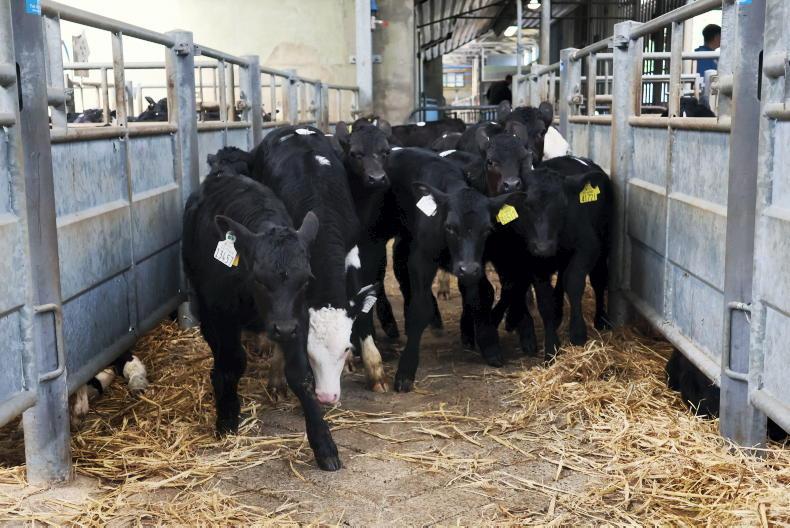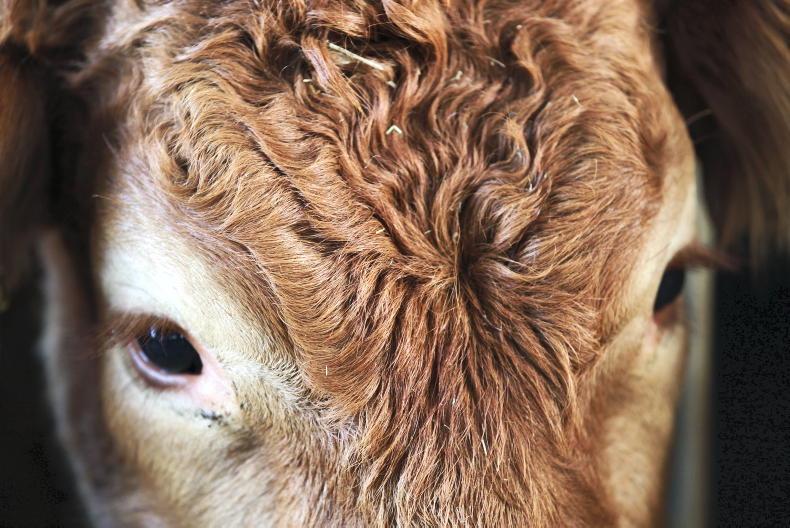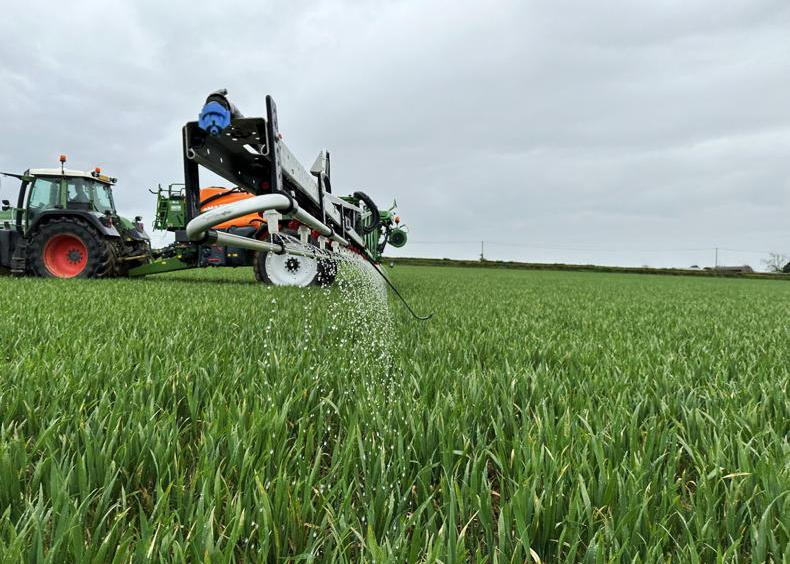The Dutch government plans to seek to cut overall nitrogen emissions in half by 2030, and to achieve this nationwide target, region-specific reduction levels were proposed which lie between 12% and 95%.
Farmers fear that limits on farming activities will form agriculture’s contribution to these targets and that some farmers will be “bought out” as land is to be purchased by the government to be taken out of agricultural production.
Designated land and farms near Natura 2000 sites will have to meet the highest reduction targets under the proposals.
The Dutch government’s proposals are a response to a court decision in 2019 which found that the Netherlands was not doing enough to protect land designated as Natura 2000 from the impacts of nitrogen being lost to the air before being deposited on protected sites – particularly in the form of ammonia.
An environmental group argued that Dutch policy did not sufficiently address obligations laid out in the Habitats Directive.
The government’s plans go beyond upping the level of protection only for Natura 2000 designated sites, with on-farm nature areas established in recent years by farmers now recognised as nationally-protected areas similar in protection status to the Natura sites.
Some of those farming near these nature areas told the Irish Farmers Journal that they felt a sense of betrayal after voluntarily creating space for nature only to see more stringent reduction targets planned for them and their neighbours.
The Dutch parliament is on a period of summer recess and will not sit again until September.
Many decisions regarding the proposals will not be known by farmers until then.
Another important decision impacting on the Netherlands’ farmers is regarding the granting of a nitrates derogation by the European Commission.
Should Brussels fail to extend the Dutch derogation, farmers may face additional pressure to cut stock and reduce fertiliser usage.
Should the proposals pass, the actions which farmers may be required to carry out could include:
Reducing chemical nitrogen usage.Reducing stock numbers.Ceasing production near designated land.Investing in modern, emissions-friendly animal housing facilities. Read more
Dutch dairy farmers ‘shocked’ at how far nitrogen reduction plans go
Watch: Traffic tailback for miles at Dutch farmer protests
Farmer revolt sweeps across EU
The Dutch government plans to seek to cut overall nitrogen emissions in half by 2030, and to achieve this nationwide target, region-specific reduction levels were proposed which lie between 12% and 95%.
Farmers fear that limits on farming activities will form agriculture’s contribution to these targets and that some farmers will be “bought out” as land is to be purchased by the government to be taken out of agricultural production.
Designated land and farms near Natura 2000 sites will have to meet the highest reduction targets under the proposals.
The Dutch government’s proposals are a response to a court decision in 2019 which found that the Netherlands was not doing enough to protect land designated as Natura 2000 from the impacts of nitrogen being lost to the air before being deposited on protected sites – particularly in the form of ammonia.
An environmental group argued that Dutch policy did not sufficiently address obligations laid out in the Habitats Directive.
The government’s plans go beyond upping the level of protection only for Natura 2000 designated sites, with on-farm nature areas established in recent years by farmers now recognised as nationally-protected areas similar in protection status to the Natura sites.
Some of those farming near these nature areas told the Irish Farmers Journal that they felt a sense of betrayal after voluntarily creating space for nature only to see more stringent reduction targets planned for them and their neighbours.
The Dutch parliament is on a period of summer recess and will not sit again until September.
Many decisions regarding the proposals will not be known by farmers until then.
Another important decision impacting on the Netherlands’ farmers is regarding the granting of a nitrates derogation by the European Commission.
Should Brussels fail to extend the Dutch derogation, farmers may face additional pressure to cut stock and reduce fertiliser usage.
Should the proposals pass, the actions which farmers may be required to carry out could include:
Reducing chemical nitrogen usage.Reducing stock numbers.Ceasing production near designated land.Investing in modern, emissions-friendly animal housing facilities. Read more
Dutch dairy farmers ‘shocked’ at how far nitrogen reduction plans go
Watch: Traffic tailback for miles at Dutch farmer protests
Farmer revolt sweeps across EU











SHARING OPTIONS